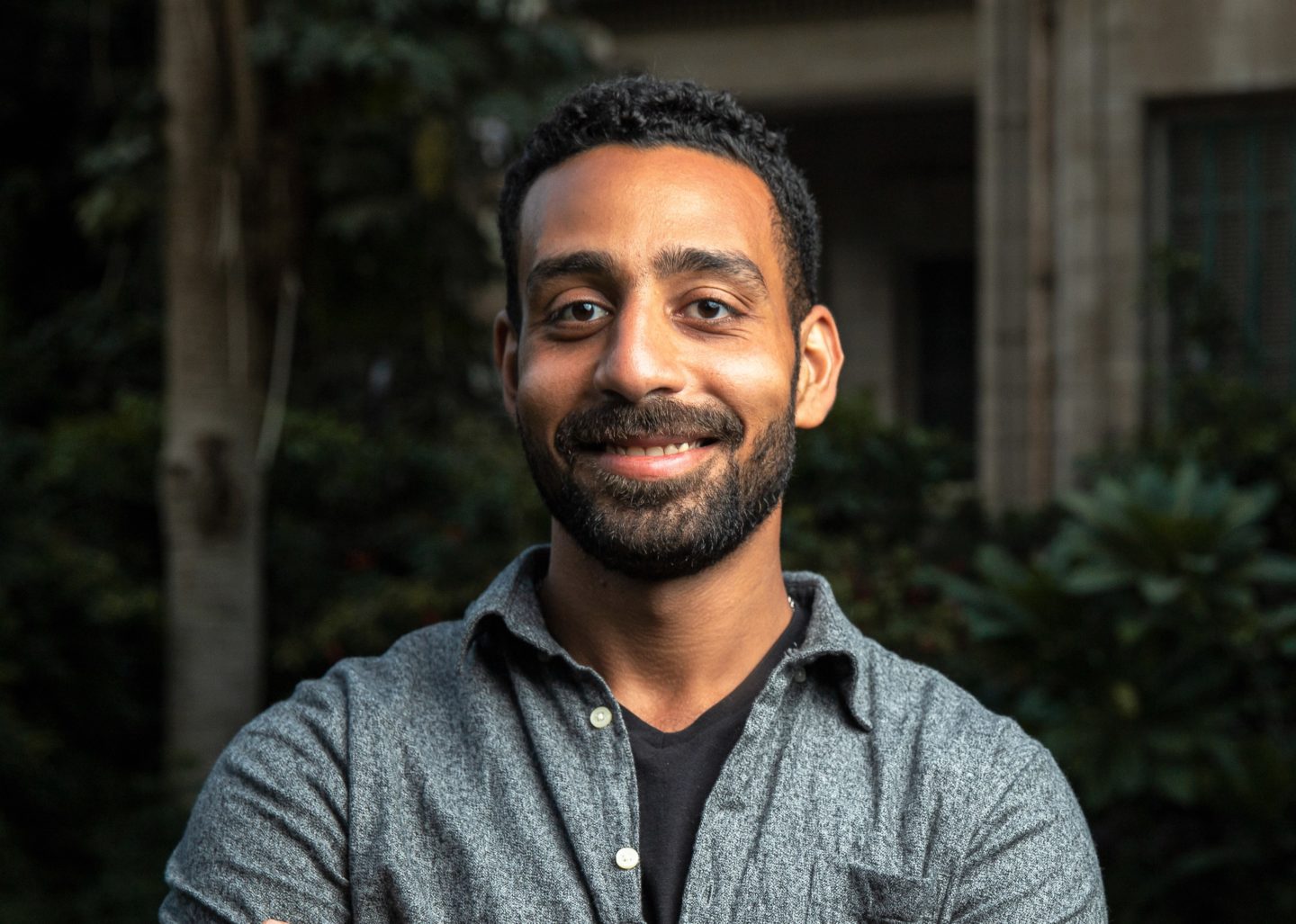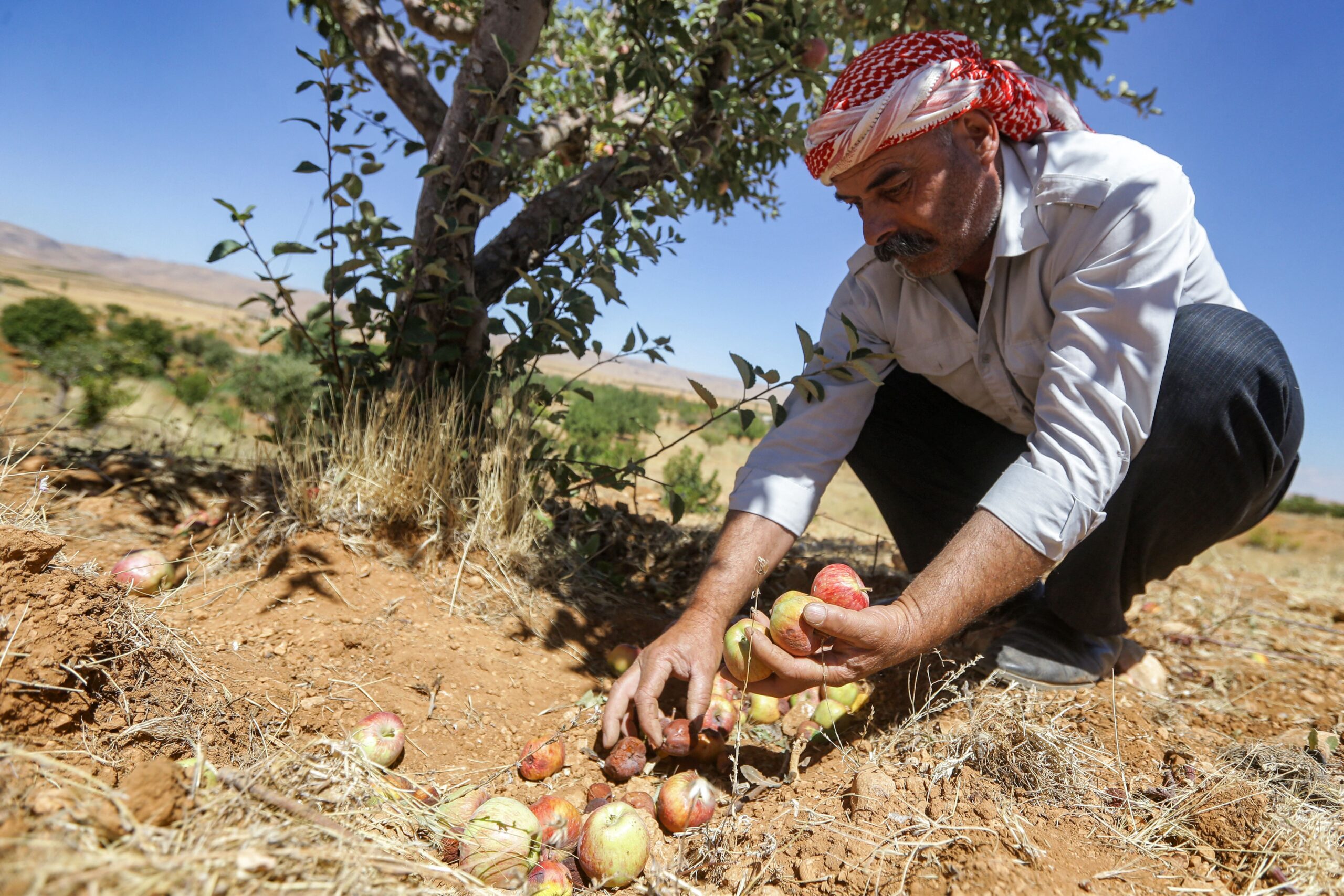As COP 28 quickly approaches, taking place in the Middle East and North Africa (MENA) for the second year in a row, multiple countries across the MENA region are in disarray, either ravaged by armed conflict or facing severe political and economic crises. As these countries struggle to meet the basic needs of their own people, these challenges have prevented the establishment of any proper national and regional response to climate change – a dire reality in a region considered by experts to be one of the world’s most vulnerable to the effects of climate change. Indeed, the majority of countries in the MENA trail alarmingly behind when it comes to climate action. Despite the clear and visible urgency of the situation,all evidence points to a looming, rapid rise in environmental degradation and disasters, extreme temperatures, droughts, and floods over the next several decades.
To address the growing climate challenges across the region, it is estimated that MENA countries will need approximately $436-478 billion in climate financing from through 2030, yet there remains a staggering gap between this target and the funds currently delivered per year for both adaptation and mitigation projects. Last year’s COP 27 saw the landmark approval of a Loss and Damage fund, and in early November 2023 an agreement was passed for the World Bank to host this fund, a highly controversial decision as it compromises its independence. The fund furthermore only “urged” developed countries to provide support, and it remains to be seen how the fund actually operates, particularly in developing contexts at the nexus of environmental damage and catastrophes combined with armed conflicts and political crises. There remains a pressing need for programming that addresses the unique set of challenges faced by MENA countries in conflict, such as Syria or Libya, as well as fragile contexts with deteriorating economies, such as Egypt and Lebanon.
On, November 29, 2023, the Arab Reform Initiative (ARI) and the Tahrir Institute for Middle East Policy (TIMEP) co-hosted a panel discussion on the contours and challenges of climate finance in some of the MENA region’s most fragile contexts. In a conversation moderated by Kareem Chehayeb (Associated Press), panelists Marc Ayoub (TIMEP), Shady Khalil (Greenish), and Natasha Hall (CSIS) discussed: Could existing discussions on climate finance and loss and damage in the region be expanded to include the nexus of conflict, state and economic failure, climate and environment? How could the most vulnerable communities across the MENA region best benefit from this climate funding, especially as failed and failing states often suffer from rampant corruption and aid diversion? How can citizens be placed at the centre of climate finance planning and equitable distribution, and what role is incumbent on the donor community at large?
Watch the discussion here:
Speaker Profiles

Marc Ayoub
Nonresident Fellow, The Tahrir Institute for Middle East PolicyMarc is a Nonresident Fellow at TIMEP focusing on climate and energy in the Middle East and North Africa region. He is an energy policy researcher currently pursuing his PhD at the University of Galway in Ireland, with a focus on energy and climate policy and community engagement mechanisms for tidal energy projects. He is an Associate Fellow at the AUB Issam Fares Institute of Public Policy and International Affairs in Beirut, where he previously coordinated the Energy Policy and Security Program. His work revolves around influencing policy making through evidence-based research. Specifically, he advocates national energy policies that utilize renewables as a centerpiece of energy planning rather than just a policy add-on, alongside with his interests in investigating the interlinkages between energy policy and planning and the political economy considerations, water-energy nexus, and social acceptability of renewable energies. Marc participated in producing papers on how to restructure and unbundle Lebanon’s electricity sector, the sustainable transformation of Lebanon’s energy system, enhancing transparency in the power sector, and energy efficiency in water and wastewater utilities, among other policy contributions and plans. You can follow him on Twitter: @Marc_Ayoub.

Natasha Hall
Senior Fellow, Center for International Strategic Studies (CSIS)Natasha is a senior fellow with the Middle East Program at the Center for Strategic and International Studies. At CSIS, her work has specialized in environmental issues and water insecurity as they relate to the broader political economy in the region. Prior to CSIS, Natasha had over 15 years of experience as an analyst, researcher, and practitioner in complex humanitarian emergencies and conflict-affected areas with a specialty in the Middle East. Most recently, she has worked as a mediator, analyst, and aid practitioner with The Shaikh Group, GIZ, Mayday Rescue, Center for Civilians in Conflict, and the U.S. government’s Refugee Affairs Division. She has lived and worked in over 15 countries in the Middle East, Africa, Asia, the Southern Caucasus, and Europe where her work has focused on governance and aid, displacement, environmental issues, resilience, and civilian protection. Her reports have spurred congressional hearings and high-level donor responses. As a director with Mayday Rescue, she led these responses, working with the White Helmets to reinforce critical civilian infrastructure and protect civilians from explosive weapons and other consequences of the war. She is a commentator and contributor for a number of media outlets and think tanks, including CNN, BBC, and MSNBC. She has written articles and in-depth analyses for the Washington Post, Newsweek, U.S. News & World Report, the Atlantic Council, the United States Institute for Peace, and the Carnegie Endowment for International Peace, among others. She earned her master’s from Georgetown’s School of Foreign Service and her B.A. from the University of Virginia in foreign affairs and Middle East studies. She did a Fulbright Fellowship in Jordan from 2006-2007 and a Boren Fellowship in Syria in 2010.

Kareem Chehayeb
Journalist, the Associated PressKareem Chehayeb is a Beirut-based journalist, where he currently reports on Lebanon, Syria, and Iraq for The Associated Press. Previously, he was Al Jazeera’s Beirut Correspondent reporting on Lebanon and Syria. He is also a former Nonresident Fellow at the Tahrir Institute for Middle East Policy, where he focused on transparency and freedom of information in Lebanon and across the region. He holds an MA in Political Economy of the Middle East from King’s College London and a BA in International Relations from Boston University. You can follow him on Twitter at @chehayebk.

Shady Khalil
Campaigns Lead, Greenpeace MENAShady Khalil is the Campaigns Lead at Greenpeace MENA. He also co-founded Greenish, a social enterprise focused on educating communities about the environment and empowering them to develop solutions for their most pressing environmental challenges. Greenish core values focus on collaboration with the goal of building an environmental movement in Egypt and the MENA, which is why all Greenish manuals, databases, market scans, and research are open source. Greenish has also co-founded the first environmental coalition in Egypt to advocate for a single use plastic ban for more than 30 environmental organizations. Greenish has co-founded VeryNile which is the first project focused on cleaning the River Nile of plastics by community volunteers and transforming it into products. VeryNile has so far incubated thousands of volunteers and managed to remove 40 tons of plastic off the Nile in less than a year. Shady is also a theatre director, integrating theatre techniques in facilitating 70+ workshops around Egypt on environmental awareness, gender equality, and civic engagement.
